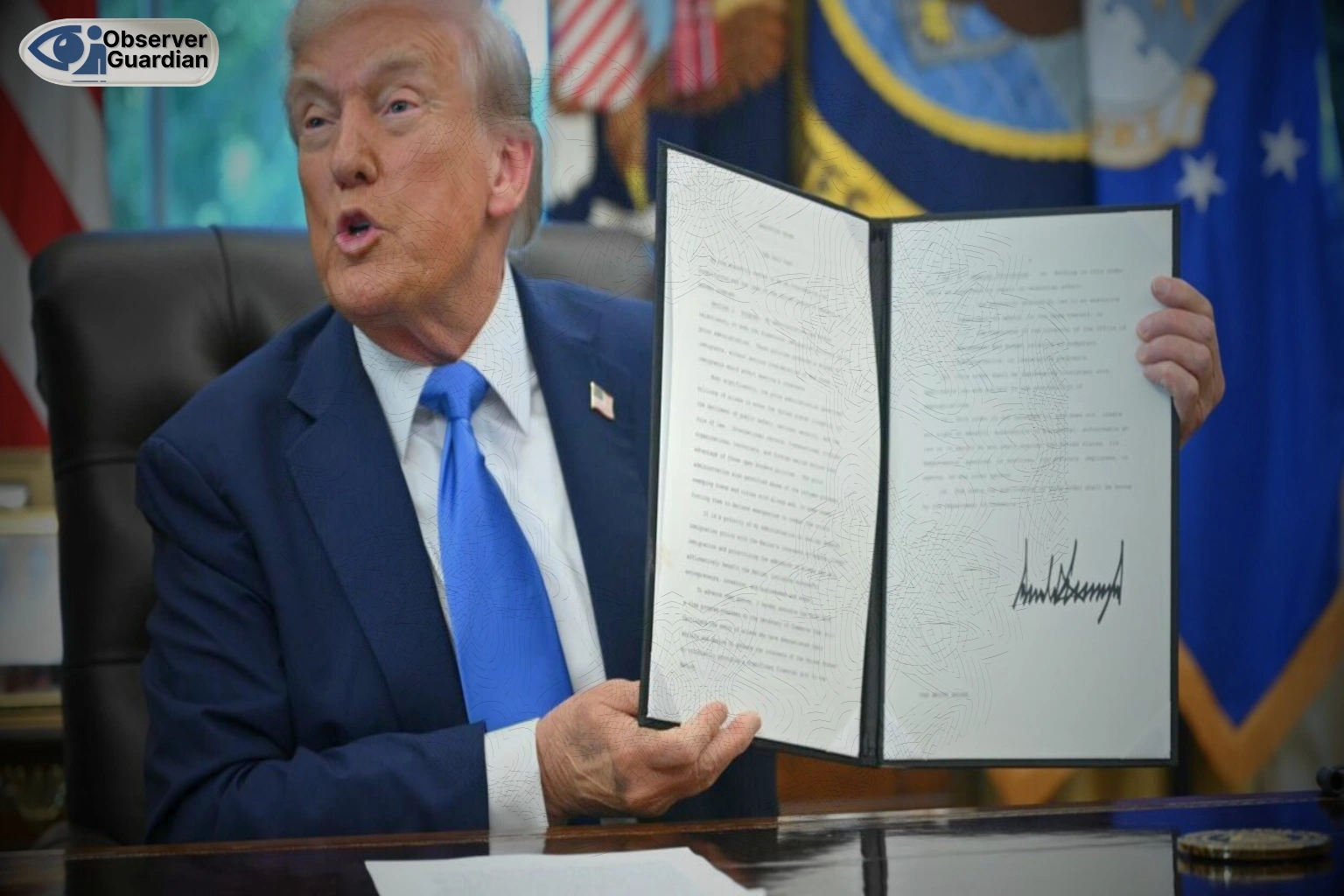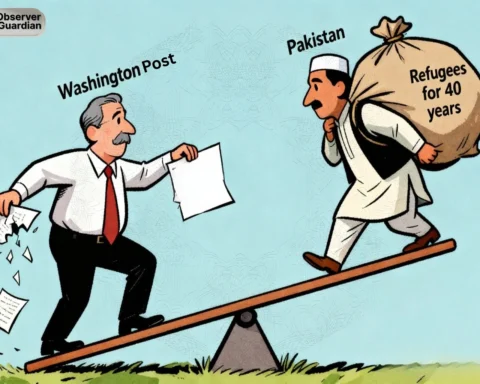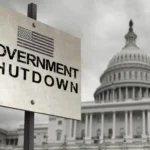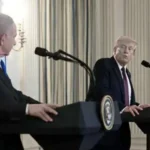Trump’s new $100,000 fee on H-1B visas has rattled a lot of people, especially in India. The H-1B has long been the main path for Indian tech workers to build careers in the US, and this fee feels like a door suddenly being slammed shut. To be clear, it only applies to new applications filed after September 21, 2025. If you already have an H-1B, or you are renewing, you are not affected. Still, the signal it sends is loud enough to create panic.
The US government says the fee is about protecting local jobs and reducing reliance on foreign workers. That’s been a recurring theme for years, but the size of this fee is what makes it feel more like a wall than a filter. For Indian companies like Infosys, TCS, and Wipro, the extra cost will sting. These firms rely heavily on sending engineers to American clients, and now every placement could become a much pricier decision. Unsurprisingly, Indian IT stocks dipped right after the announcement.
For individual professionals, the worry is more personal. If you are a young engineer in Hyderabad or Bangalore dreaming of Silicon Valley, this new hurdle could make the dream financially out of reach. Families who already live in the US on H-1Bs have been scrambling for clarity too, wondering if travel plans or job transitions might suddenly get complicated. That fear is not unfounded, even though technically the rule does not hit renewals.
In Delhi, political leaders are framing this as unfair and short-sighted. India supplies the majority of H-1B holders, and when a rule disproportionately hits one country’s talent, it’s bound to feel targeted. Some have even warned that it could strain the broader India-US relationship, which both sides have tried to strengthen in recent years.
At the same time, a few voices in India see a silver lining. If fewer engineers head to the US, that talent might stay home, fueling domestic tech industries in areas like AI, SaaS, and deep-tech. It’s the old brain drain argument flipped around. Of course, that only works if India has the jobs and infrastructure to absorb these people, which isn’t guaranteed.
For American companies, this is a double-edged sword. They may save political points by hiring more US graduates, but they risk losing quick access to the specialized skills that H-1B holders bring. In practice, some work might just shift offshore instead, which doesn’t really help US workers either.
What happens next depends a lot on how both governments handle the fallout. India will likely push back diplomatically, and US companies that depend on foreign talent could lobby for exceptions or adjustments. For now, though, the message is pretty clear: the US wants to make H-1Bs harder to get, and India has the most to lose.







